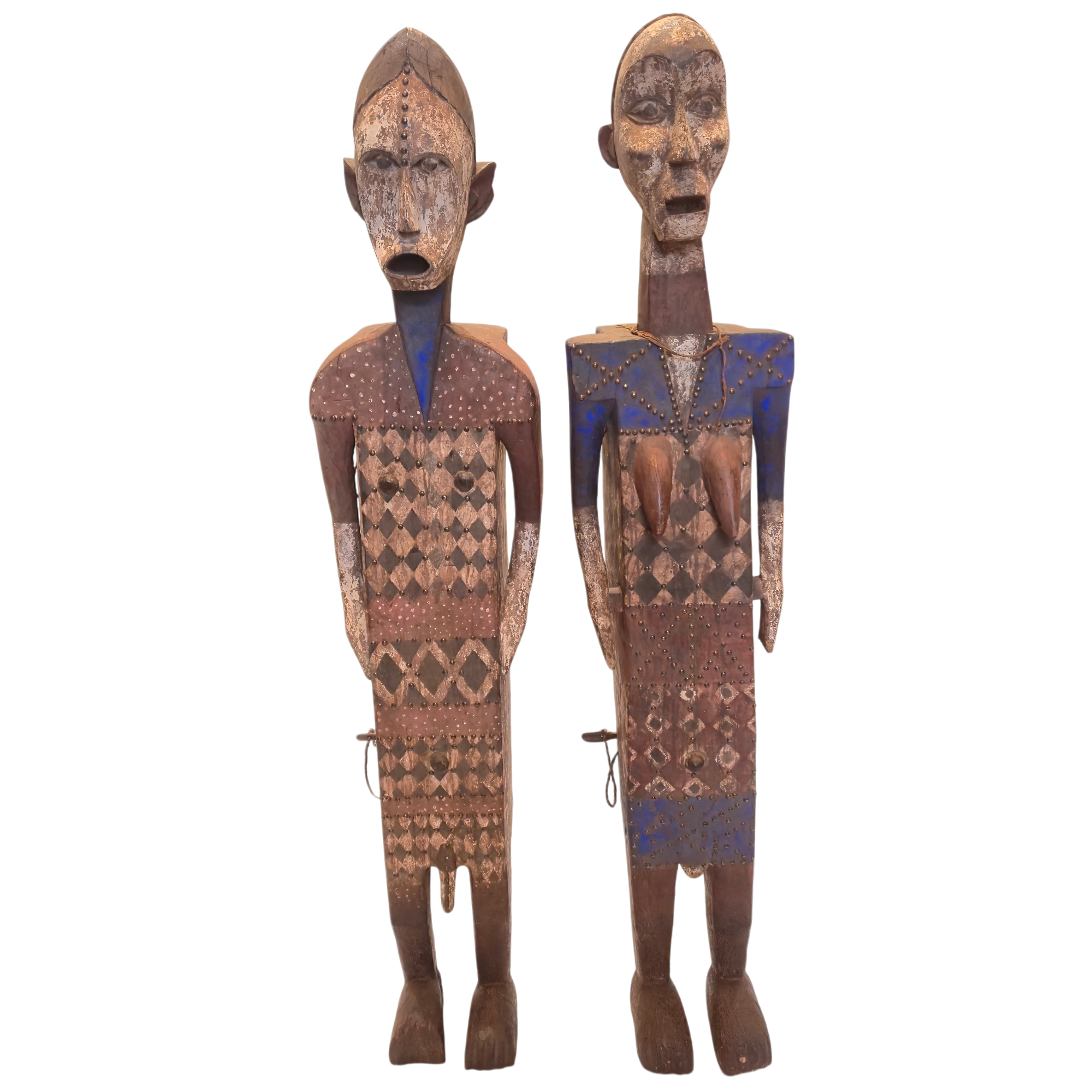The Yombé people are an ethnic group primarily found in the Republic of the Congo, particularly in the southwestern region near the coastal area along the Congo River. Here are some key aspects of the Yombé culture, society, and history:
1. Geography
The Yombé are located mainly in the Plateau region and around the Congo River, where they engage in agriculture, fishing, and trade. The region is rich in biodiversity and provides ample resources for their traditional lifestyles.
2. Language
The Yombé people speak the Yombé language, which is part of the Bantu language family. It is one of the many languages spoken in the region, reflecting the linguistic diversity of the Congo Basin.
3. Society and Culture
- Social Structure: Yombé society is traditionally organized into clans and families. Social structures are often patriarchal, with elders playing crucial roles in decision-making and maintaining cultural traditions.
- Religion and Beliefs: The Yombé have a rich spiritual life that includes traditional beliefs and practices. They worship various deities and ancestors, often incorporating rituals and ceremonies that honor these spiritual beings. Ancestral worship is particularly significant, as it is believed that ancestors can influence the living.
- Art and Craftsmanship: The Yombé are known for their artistic expressions, particularly in sculpture, pottery, and textile weaving. Traditional art often reflects their spiritual beliefs and everyday life, with masks and figures used in rituals and ceremonies.
4. Economy
The Yombé primarily engage in subsistence agriculture, cultivating crops such as cassava, maize, and yams. Fishing and hunting also contribute to their diet. In recent years, there has been some involvement in local trade, selling agricultural products and handmade crafts.
5. Traditional Practices
- Rituals and Ceremonies: The Yombé perform various rituals, including those related to birth, marriage, and death. These ceremonies often involve music, dance, and the use of traditional masks and costumes, reflecting their rich cultural heritage.
- Healing Practices: Traditional medicine plays a significant role in Yombé society. Healers, often knowledgeable in the use of medicinal plants and spiritual practices, are consulted for health issues.
6. Modern Challenges
The Yombé, like many indigenous groups, face challenges related to modernization, deforestation, and external economic pressures. Access to education and healthcare can be limited, impacting their traditional ways of life.
Conclusion
The Yombé people represent a vibrant culture with a deep connection to their land and traditions. Their artistic expressions, social structures, and spiritual beliefs contribute to the rich tapestry of ethnic diversity in the Republic of the Congo. Preserving their cultural heritage amidst modern challenges remains a significant concern for the Yombé community.

